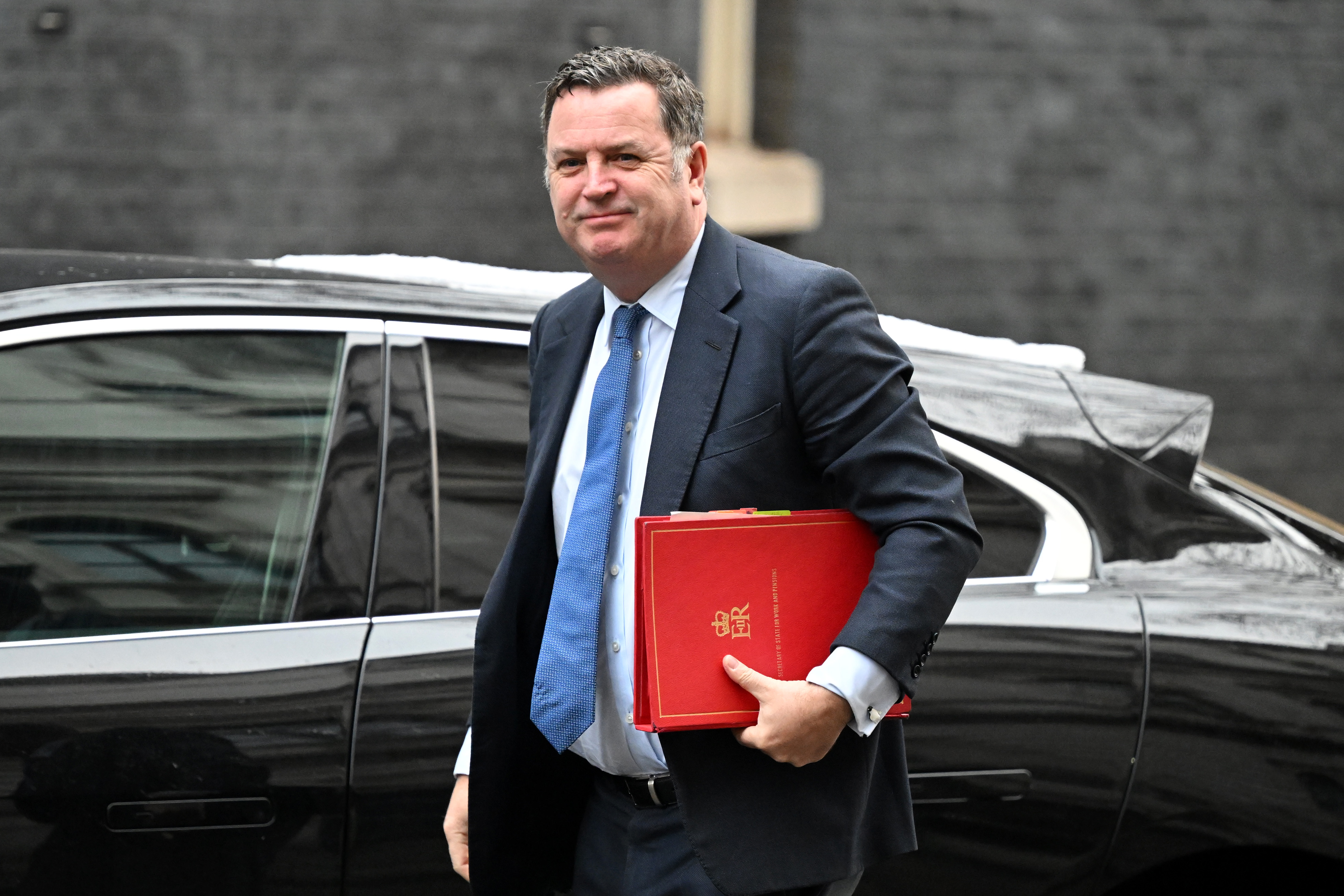How much can Mel Stride really do to cut the benefits bill? In the Commons today, the Work and Pensions Secretary argued that the ‘disability benefit system for adults of working age is not consistently providing support in the way that was intended’, and that it was now time for a ‘new conversation’ about how the system should work. He spoke in much more compassionate terms than on some of the media rounds that he and Rishi Sunak have done.
But repeated questions from across the House, including from one of his Conservative predecessors in the Work and Pensions department underlined that one of the most-trailed aims of this green paper – getting people with mental illnesses back into work – might not have as much to do with the DWP as it does with the NHS. Chloe Smith did a lot of thinking on the link between worklessness and ill health when she was in the brief, and today asked whether he could be ‘comprehensive in delivering on those measures, across government?’ She asked:
Can he give us assurances about the way that he is setting up for the work that will need to be done if this is to be a success, including with the NHS and local authorities, for those who need support with their disability or ill health? It is my understanding that the NHS perhaps knows less than it could about how to help people, holistically and individually, to move back into work, or with the things that they need and care about.
Stride described her comments as ‘very astute’, and said he would ‘continue to work very closely with my colleagues in the National Health Service and the Department of Health and Social Care.’ He pointed to WorkWell, which is a joint DWP and DHSC programme aiming to get 60,000 people with long-term illness or disability to get back into and remain in work for two years.
Smith wasn’t the only Conservative to sound cautious. Ruth Edwards, the Tory MP for Rushcliffe, asked a moving question where she spoke about how she was ‘extremely ill’ with an anxiety disorder in the spring of 2019, before the was first elected. ‘I know for myself how debilitating that can be’, she said, her voice wobbling a little. ‘But I also know that with treatment and support, you can lead a fulfilling career and a normal life that is extremely rewarding. I would have been devastated to have been out of the workforce for the long term. How will the reforms in the Green Paper help anxiety sufferers to get the treatment and support that they need to return to work, and also to take back their life?’
Stride thanked her for her ‘powerful and moving contribution’, and said ‘those whom she described may well be better served by receiving treatment, rather than cash transfer benefits’. The green paper itself says that minister want to ‘consider how we could better align the support offered by PIP with local NHS health and social care provision’, but the truth is that there is insufficient NHS provision to get people back into work, and one of the drivers of the ballooning benefits list is that there is a ballooning NHS waiting list for mental health treatment.
The NHS is not meeting even its modest targets on providing access to psychological therapies, and despite it being a decade since the NHS committed the health service to treating mental and physical conditions with the same esteem, this has still not yet been happened.
So the bind Stride will find himself in as he develops these proposals is that one of the foundations of getting people off sickness benefit and into work – proper treatment – isn’t there. Insufficient attention has been paid to ensuring it is there over the past decade and a bit, which is why one of the questions that surely has to be asked of the sickness benefits bill is not just why people aren’t turning up to work, but also why ministers have failed to do so for more than ten years.









Comments